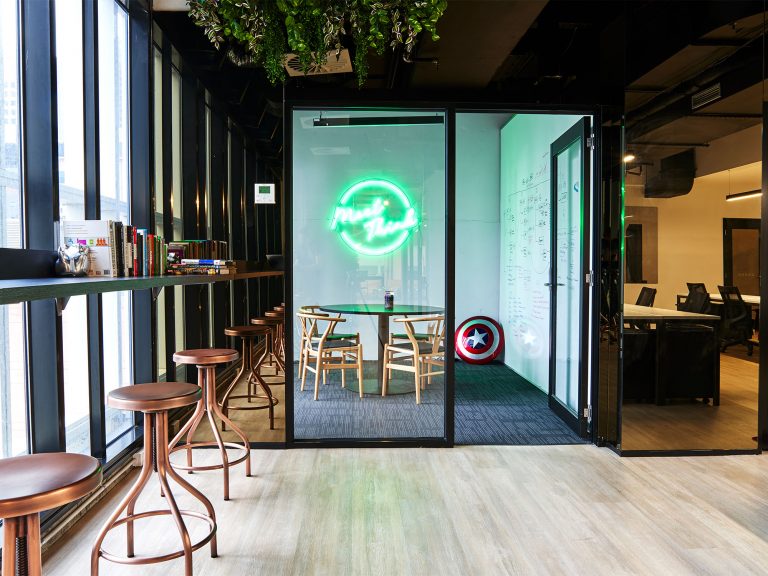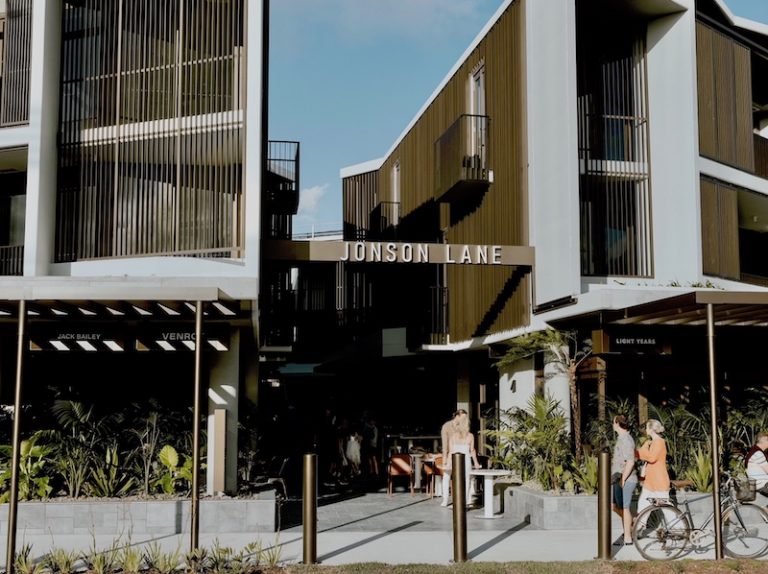Outgoings on commercial rental property

When searching for the perfect commercial rental property, it’s natural for would-be tenants to be laser-focused on the rent figure, but overlooking the outgoings payable can be costly mistake.
While each lease is different, commercial property outgoings – which are expenses incurred by the landlord in the operation, maintenance or repair of the leased premises – are generally paid by the tenant, in addition to rent and usual bills like power and phone.
And they can make a big difference to a tenant’s bottom line at the end of the month.
What are commercial property outgoings?
Outgoings are expenses that a landlord incurs directly from owning a property.
Commercial property outgoings can include things like council rates and body corporate fees, but not capital improvements to a property, such as renovations.
Who pays for outgoings?
According to Ivan Bezbradica, a solicitor with Melbourne’s SB Solicitors, in the majority of cases the tenant pays the property outgoings, on top of their utility costs such as power and water usage.
For a landlord, the tenant paying outgoings is one of the main advantages of a commercial lease over a residential lease, as landlords pay for all outgoings in a residential deal.
What outgoings the tenant pays is negotiable – except those prohibited by law – and is outlined in the lease contract and disclosure statement.
If a tenant occupies an entire building, they pay the full outgoings amount, but if they only rent a part of the property, it’s done on a percentage basis.

Commercial properties are subject to a number of rates and charges to be paid by the landlord.
What are the usual outgoings on commercial rental property?
While each lease is different, the usual outgoings on commercial rental property usually include:
- Council rates
- Water rates
- Owners’ corporation fees
- Landlords building insurance
If the property is within in a shopping centre, management fees and “promotion contributions” are generally payable too.
“The landlord can pass on all outgoings of a property that are permitted by law. For a tenant, it’s important to understand the full costs of a commercial lease before entering into one,” Bezbradica says.
What outgoings can’t be passed onto the tenant?
If a property is classified as a retail lease, under the law there are some outgoings the landlord is prohibited from passing onto the tenant, Bezbradica explains. These include land tax, the cost of capital improvement to the property or expenses that don’t “benefit the property”.
If it’s not a retail lease, the lease contract outlines what outgoings are paid.
“The definition of a retail lease can get technical with exemptions, but generally speaking they are commercial properties used ‘wholly or predominately for the sale or hire of goods by retail or the retail provision of services’. Examples include cafes, clothing stores, supermarkets and doctors’ offices,” Bezbradica says.
Each state and territory has its own retail lease laws, but they are all quite similar.







